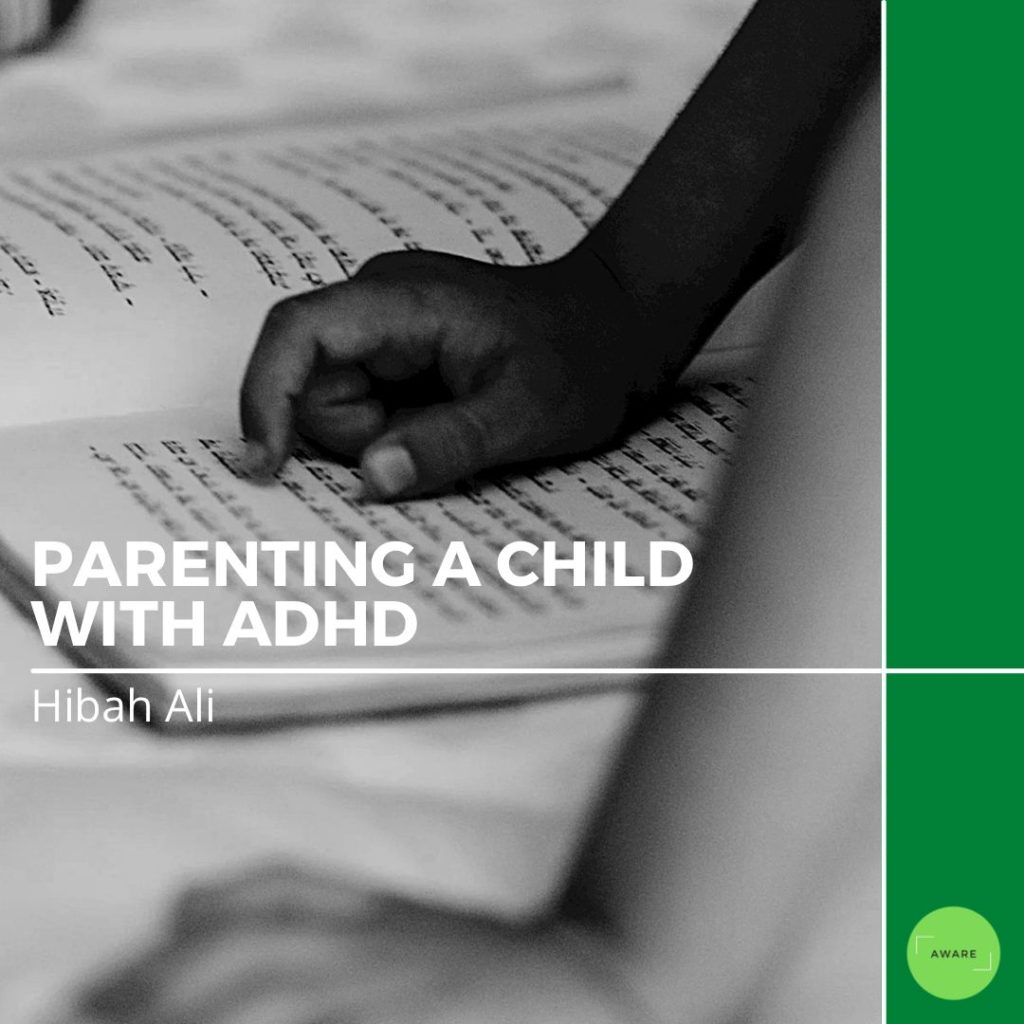Parenting is not an easy task for any individual, yet it can be described as one of the most rewarding journeys a person can embark. The very nature of parenting is to provide the utmost to the child, providing them with the tools to empower themselves emotionally, physically, socially, and mentally; shape them into adults; and bring about a better future for themselves and those around them.
Understanding a Child Who Has ADHD
One of the many failures within a parent-and-child relationship is the misunderstandings that can form between the two, believing in the worst assumptions about each other. Commonly found in relationships of children with ADHD and their parents, there is a lack of understanding and awareness of the biological framework and environmental conditions that facilitate an the behavioural patterns of the child. Parents assume the worst about their children, instead of engaging in empathic behaviours. They can switch to condescension, beratement, and judgement, proving to be more harmful on the long run as it enforces the internal negative self-bias of the child. Therefore there is a vicious cycle that comes about in regard to the behavior of the child. For example, forgetting their homework at home does not provoke an empathic response from the parent, which results in harsh critical self-evaluations from the perspective of the child, creating an empathy deficit within themselves. Parents need to increase their knowledge about ADHD because, on the surface, actions such as forgetting an important document at home seem to be a mark of carelessness and lack of maturity. However, on a deeper level, it is a signal of distress from the child for the parent to understand that the current existing household systems do not serve their needs because they process the world and information differently.
Challenging the System
The first step to creating a better-suited system for the child is understanding that being different is not the same as being deficient. On the contrary, it possesses the wisdom that these individuals process the world differently – their perspectives unique and colourful – apart from how society is structured. Therefore, to empower them with their strengths, parents need to engage in ways that tap into their assets rather than constantly highlighting their weaknesses. For example, bedtime is a monotonous and boring activity for hyperactive children. This may cause them to delay going to sleep and become resistant to engaging in a nighttime routine. Nevertheless, if the parent understands that their child thrives on originality, out-of-the-box thinking, and novelty, then perhaps adding a special bedtime story, making the nighttime routine more exciting, will inevitably make the task more attractive to the child. Consequently, through positive attention rather than constant correction, the child can have a healthy state of mind. For instance, rather than providing the child with negative attention regarding the tasks that are left uncompleted, praise them for the initial steps taken and focus more on the process rather than the outcome. By providing gentle reminders, the children can form their sense of internal self-direction and accountability in a positive manner rather than in an overly negative way leading to feelings of shame and guilt.
Empathy Means Empowerment
Children are taught to be kind, understanding, and compassionate to others when they make mistakes. However, the same should be taught to themselves, especially children with ADHD. They need to be empowered with the tools to help themselves. Parents can do this by introducing more structure in the house, anticipating the struggles of the child and coming up with innovative modifications and strategies to tackle them by communicating these methods to the child with empathy rather than judgement. It is important to look deeper into the external behaviors and understanding the internal experiences that shape the child, calling anything out of the ordinary as a clear signal of distress that only through the authority of the parent can be overcome.
